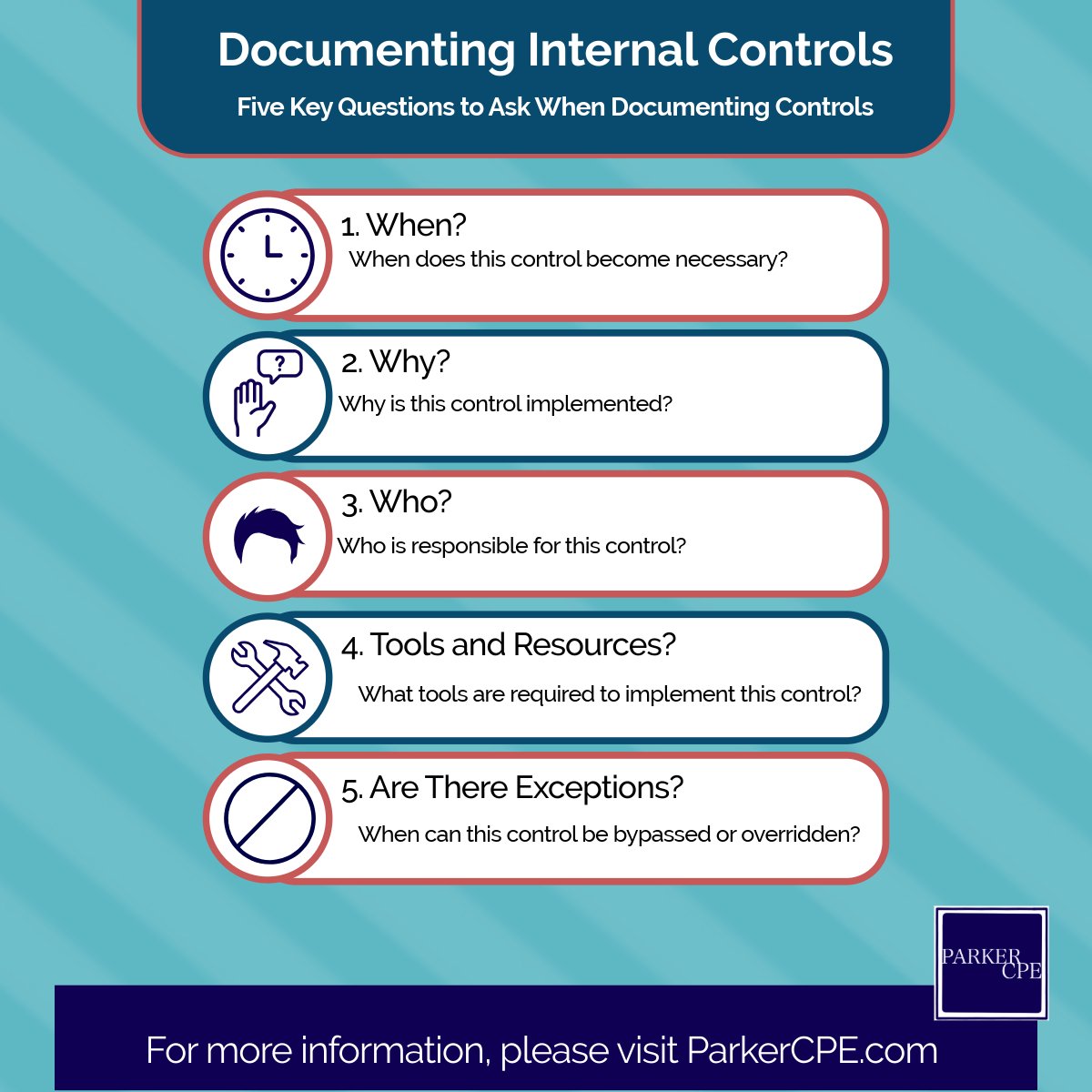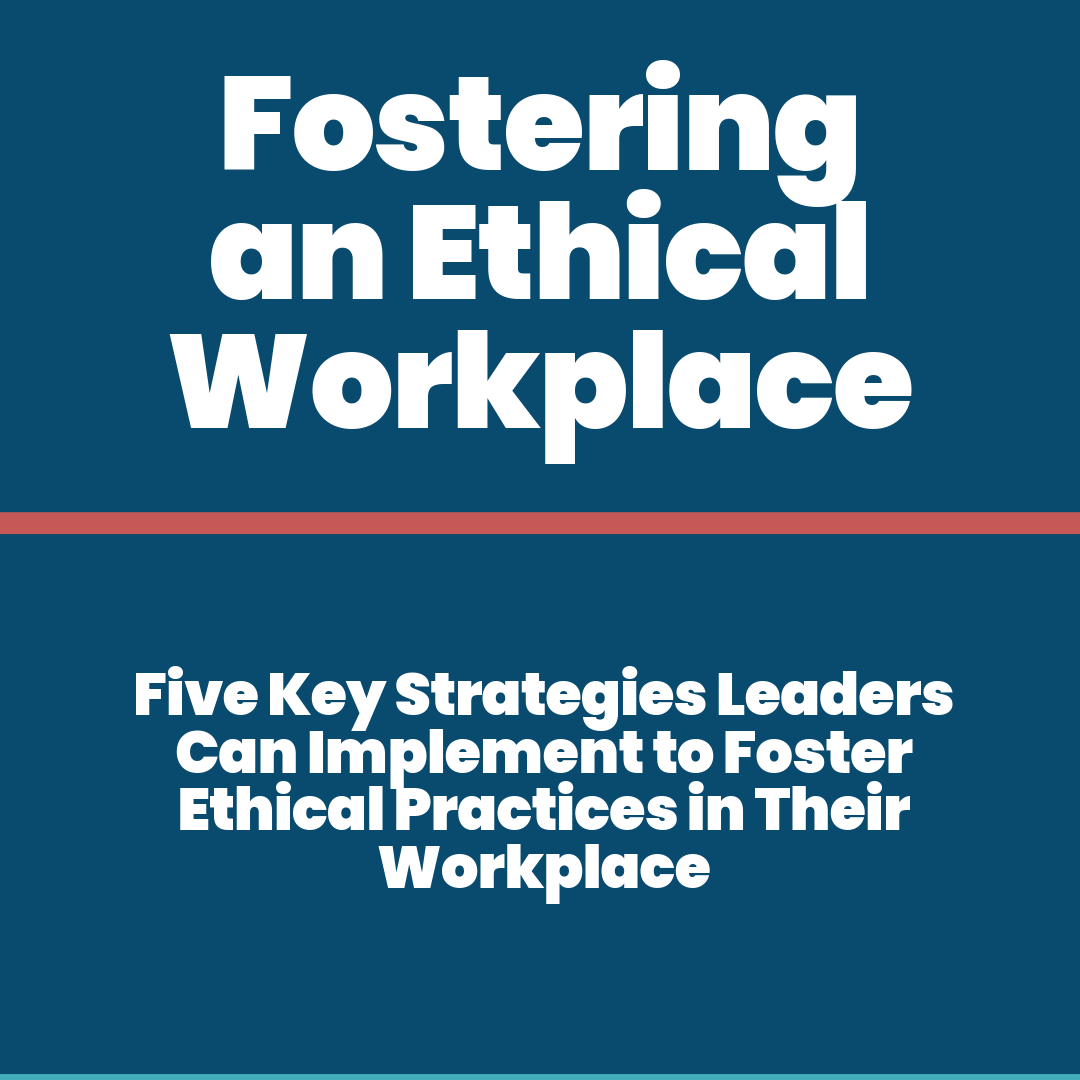
Monitoring Activities
We explore the critical role of Monitoring Activities in internal controls, focusing on their necessity for maintaining the effectiveness and adaptability of governance frameworks. Discover the principles and practices that ensure these activities help organizations meet their objectives and address potential risks effectively, highlighting the importance of continuous and independent evaluations within the internal control system. Join us as we conclude our series on the GAO Green Book, enhancing your understanding of essential internal control components.

Information & Communication Component of Internal Control
This article examines the crucial role of Information & Communication in government entities, focusing on how effective management of information supports organizational objectives and enhances decision-making processes. We explore the principles guiding how information should be obtained, processed, and communicated, and the impact of these practices on internal and external stakeholder engagement.

Evaluating Control Activities During Performance Audits
This post delves into the crucial role of control activities in performance audits, highlighting how they help manage risks and achieve organizational objectives. By examining the design, implementation, and continuous review of these activities, we uncover their impact on the integrity and efficiency of government operations. Join us as we explore essential strategies for enhancing internal controls and ensuring robust governance.

Evaluating Risk Assessment in Performance Audits
This post delves into the crucial role of risk assessment in performance audits, highlighting how auditors can effectively evaluate and enhance internal controls. By examining specific documentation such as strategic plans, risk registers, and fraud prevention protocols, we reveal the essentials of robust risk management practices.

Enhancing Performance Audits: The Critical Role of the Control Environment
In today's complex audit landscape, understanding and evaluating the control environment is crucial for performance audits. This article explores key aspects of the control environment, including leadership ethics, oversight effectiveness, and organizational structure, providing auditors with the insights needed to assess these areas effectively. With practical examples and detailed analysis, we delve into the significance of obtaining relevant documentation to verify the integrity and effectiveness of internal controls. Join us as we unpack the essentials of creating a robust control environment that aligns with organizational objectives and compliance requirements.

The Impact of Detail on Audit Documentation Quality
This article offers a detailed exploration of how to create effective government audit documentation, using travel expense claims as a key example. We demonstrate how to ensure accuracy and compliance by meticulously structuring each section of the audit—from sourcing and methodology to results and conclusions. Our guide underscores the significance of thorough documentation in upholding standards and enhancing the audit's efficiency and reliability.

Being an Audit Leader
Navigating the complex landscape of the modern workplace requires more than just managerial skills; it demands leadership that inspires and influences. Effective leadership goes beyond mere oversight to cultivate a culture of genuine collaboration and innovation. This article delves into the essential attributes of successful leaders, contrasting them with traditional managerial roles. By examining the critical roles of emotional intelligence, communication, and motivation, we highlight how these skills enable leaders to excel in their roles and foster an environment where both individuals and organizations can thrive.

Effective Control Documentation
Effective control documentation is crucial for auditors, serving as the foundation for accurate workpapers and ensuring compliance with auditing standards. By understanding and implementing detailed documentation practices, auditors can provide clear, actionable insights that support organizational accountability and performance.

Fostering an Ethical Workplace
Creating an ethical workplace is a vital responsibility for leaders across all industries, not just in government. It shapes the core values of an organization, influencing everything from employee satisfaction to public reputation. Let's delve into five key strategies leaders can implement to foster ethical practices in their workplace.

Audit Work Plans
Annual audit work plans in government offices are crucial for ensuring accountability, transparency, and effective governance. These strategic blueprints guide auditors in prioritizing areas of highest risk and potential improvement, thus maximizing the impact of limited resources. The plans also enhance public trust by communicating audit focuses and encouraging stakeholder collaboration. Key components include outlining audit work, defining purpose statements, and setting the scope for each audit, ensuring that audits are well-defined, focused, and effectively address significant concerns in government operations. Developing these plans involves reviewing past work, conducting risk assessments, considering stakeholder requests, and incorporating audit staff insights, thereby creating comprehensive, risk-focused plans that promote a culture of continuous improvement and accountability.
